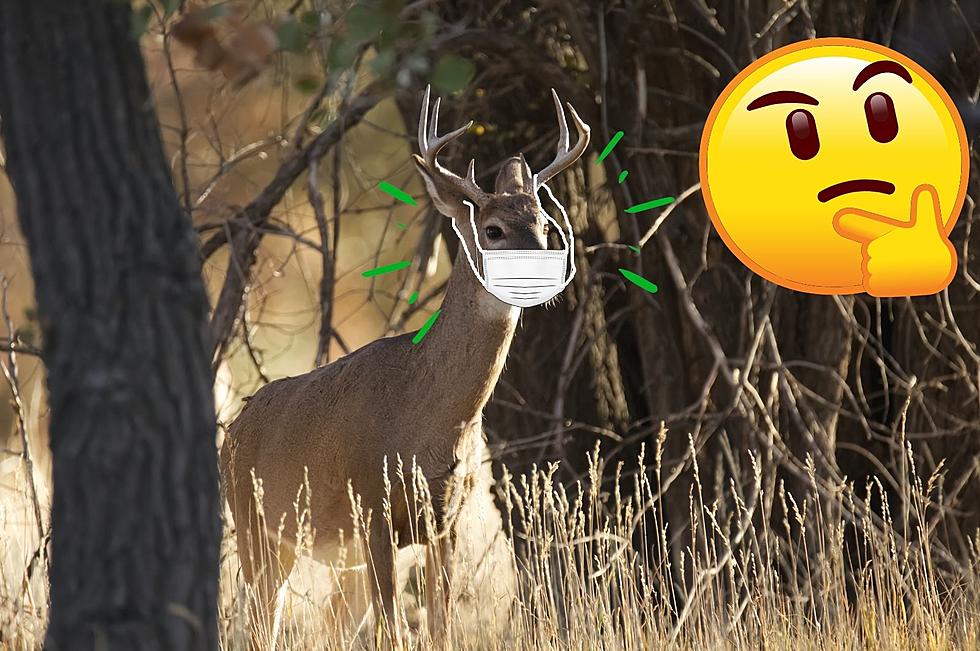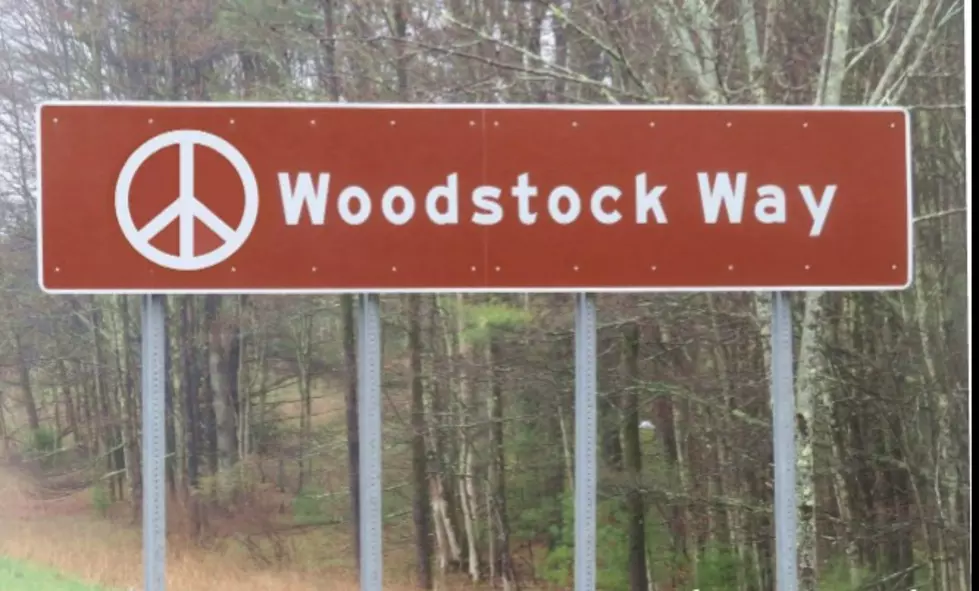
Wait, What? Doctors Confirm Surprising “COVID Deer” in New York
While the nation is breathing a collective sigh of relief as COVID infection numbers continue to fall, new data has emerged showing a new and surprising home for the virus that scientists are calling a "top concern for the United States": white-tailed deer.
Wait, what?
Before we jump into the startling numbers of exactly how many of our nation's 30 million deer are infected, the first question, which seems to have scientists stumped, is how they got it in the first place. The New York Times reported that theories range from interesting to flat-out ridiculous, including a hiker having their infected sneeze carried by the wind, or deer ingesting sewage or trash. My personal theory is that a creepy hunter with the sniffles crashed a woodland-creature make out party, but we may never know. Whatever the reason, research has confirmed that deer can not only become infected by COVID-19, but they can spread it as well, including, scientists say, to us.
Exactly how many deer are we talking about here?
As mentioned, there are tens of millions of free-ranging white-tail deer in the US. Researchers focused their work in Pennsylvania, New York, Michigan, and Illinois, and found that 40% of the blood samples they analyzed had virus antibodies, pointing to a previous COVID infection. In addition to the possibility of infecting people, scientists are also worried about deer spreading the virus to other animals, including those on the endangered species list. As someone on the project noted, there's "no masking, no social distancing" in nature. There are also no rapid testing facilities in the forest (unless you count parts of Ulster county), meaning that this virus could have easily spread from just a few infected animals to thousands very quickly.
OK, I live in New York, What Does This Mean for Me?
Honestly? While scientists continue to analyze the data, there isn't much to be done, especially before they can pinpoint exactly how these animals got the virus to begin with. Another working theory is that an intermediary animal, such as a house pet, acted as a courier of the virus between their infected owner and the deer. It is also unclear how COVID impacts the deer's health. Animals don't exactly seek medical attention if they feel under the weather, and the deer studied were already dead from either a hunter's harvest or a car's bumper.
So until we know more, how about you don't try and hug a deer after you get a positive test result? That could probably be a blanket suggestion for any wild animal you come across. Plus, if you do see a deer wearing an N95, now you know why.
How about some better nature news? Check out these gorgeous winter shots from some of our most talented Hudson Valley photographers below.
11 Stunning Photos of the Hudson Valley in the Winter
30 Beautiful Sights, Nature Hikes, and Historical Landmarks in the Hudson Valley
More From WRRV-WRRB









